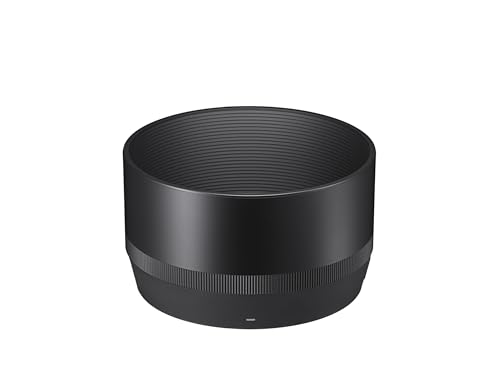



Sigma 30mm f/1.4 DC DN Contemporary Lens for Sony E | Mount Lens/APS-C Format
Category: rokinon 85mm 1.4 sony

The modern workforce is undergoing a significant transformation, driven by the rapid advancements in technology, globalization, and changing societal expectations. Employees today seek not only financial stability but also a sense of purpose, work-life balance, and opportunities for personal and professional growth. Employers, on the other hand, are faced with the challenge of attracting and retaining top talent while adapting to these evolving dynamics.
One of the key trends shaping the modern workplace is the increasing demand for flexible work arrangements. The COVID-19 pandemic has accelerated the widespread adoption of remote work, as organizations have been forced to adapt to the changing circumstances. Employees now value the ability to balance their professional and personal responsibilities, and employers are recognizing the benefits of a more flexible workforce, including increased productivity, reduced overhead costs, and access to a global talent pool.
Another significant shift is the emphasis on employee well-being and work-life integration. Millennials and Gen Z, who now make up a significant portion of the workforce, prioritize mental health, job satisfaction, and a healthy work-life balance. Employers are responding by implementing programs and policies that promote employee wellness, such as mental health support, mindfulness initiatives, and generous paid time off.
The rise of the gig economy and the growing preference for freelance and contract work is also transforming the traditional employment landscape. Individuals are seeking more autonomy, flexibility, and control over their careers, while companies are leveraging the on-demand nature of the gig economy to access specialized skills and manage fluctuating workloads.
Technological advancements are further reshaping the workplace, with the increasing adoption of automation, artificial intelligence, and data-driven decision-making. While these technologies have the potential to streamline processes and increase efficiency, they also raise concerns about job displacement and the need for employees to continuously upskill and adapt to new ways of working.
In this evolving landscape, the role of the human resource (HR) function is also undergoing a transformation. HR professionals are now expected to be strategic business partners, focusing on talent management, employee engagement, and organizational culture. They must navigate the complex challenges of a multigenerational workforce, foster inclusive and diverse work environments, and ensure that the organization's policies and practices align with the changing needs and expectations of employees.
To stay competitive and thrive in the modern workplace, organizations must embrace a people-centric approach, prioritizing the well-being and development of their employees. This requires a shift in mindset, from viewing employees as resources to be managed to recognizing them as valuable assets who contribute to the organization's success. By fostering a culture of trust, empowerment, and continuous learning, employers can create an environment where employees feel engaged, motivated, and empowered to contribute their best.
In conclusion, the future of work is being shaped by a confluence of technological, social, and economic factors. To navigate this dynamic landscape successfully, organizations must be agile, adaptable, and responsive to the evolving needs and expectations of the modern workforce. By embracing these changes and prioritizing the well-being and growth of their employees, organizations can position themselves for long-term success in the ever-changing world of work.
product information:
| Attribute | Value |
|---|

















